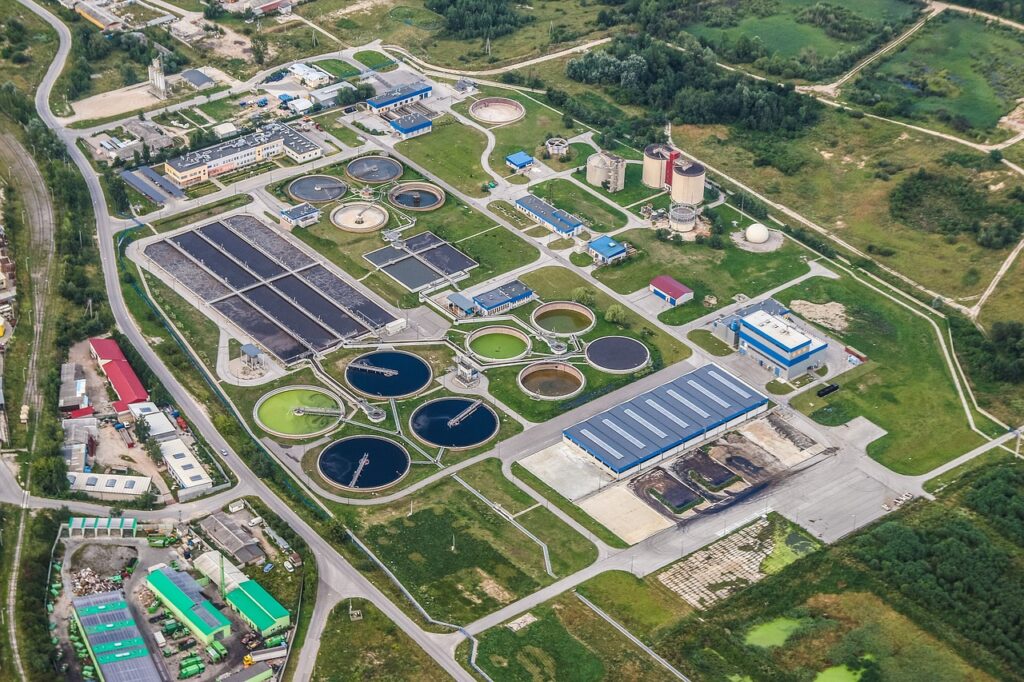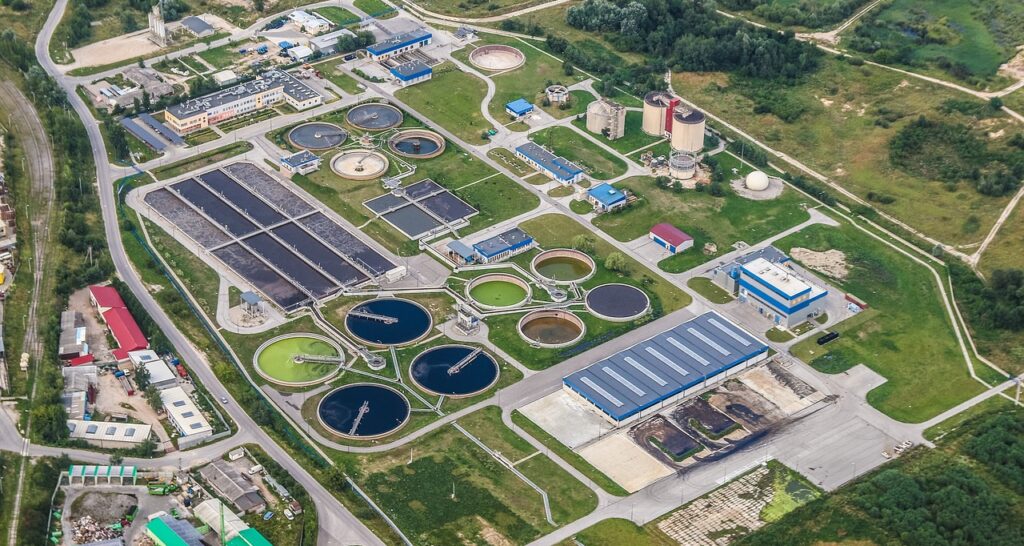Ensuring access to clean water is a fundamental necessity for sustaining life and promoting public health. Water and wastewater treatment processes play a crucial role in safeguarding the quality of our water sources, mitigating environmental pollution, and protecting human well-being. This article delves into the basics of water and wastewater treatment, examining why these processes are essential, the methods involved, and the broader implications for society and the environment. By understanding the significance of water treatment and the challenges it addresses, we can better appreciate the importance of investing in sustainable water management practices for a healthier, more resilient future.

Sustainable Practices Shaping the Future
-
Nutrient Recycling: Utilize recycled nutrients to reduce resource consumption.
-
Energy Recovery: Implement processes for recovering energy from waste.
Importance of Water and Wastewater Treatment
-
Modern Civilization: These processes are indispensable pillars, ensuring access to clean water for drinking, sanitation, and industrial purposes.
-
Public Health: Vital for preserving public health.
-
Ecosystem Protection: Critical for protecting natural ecosystems.
-
Sustainable Development: Promotes long-term sustainable development.

